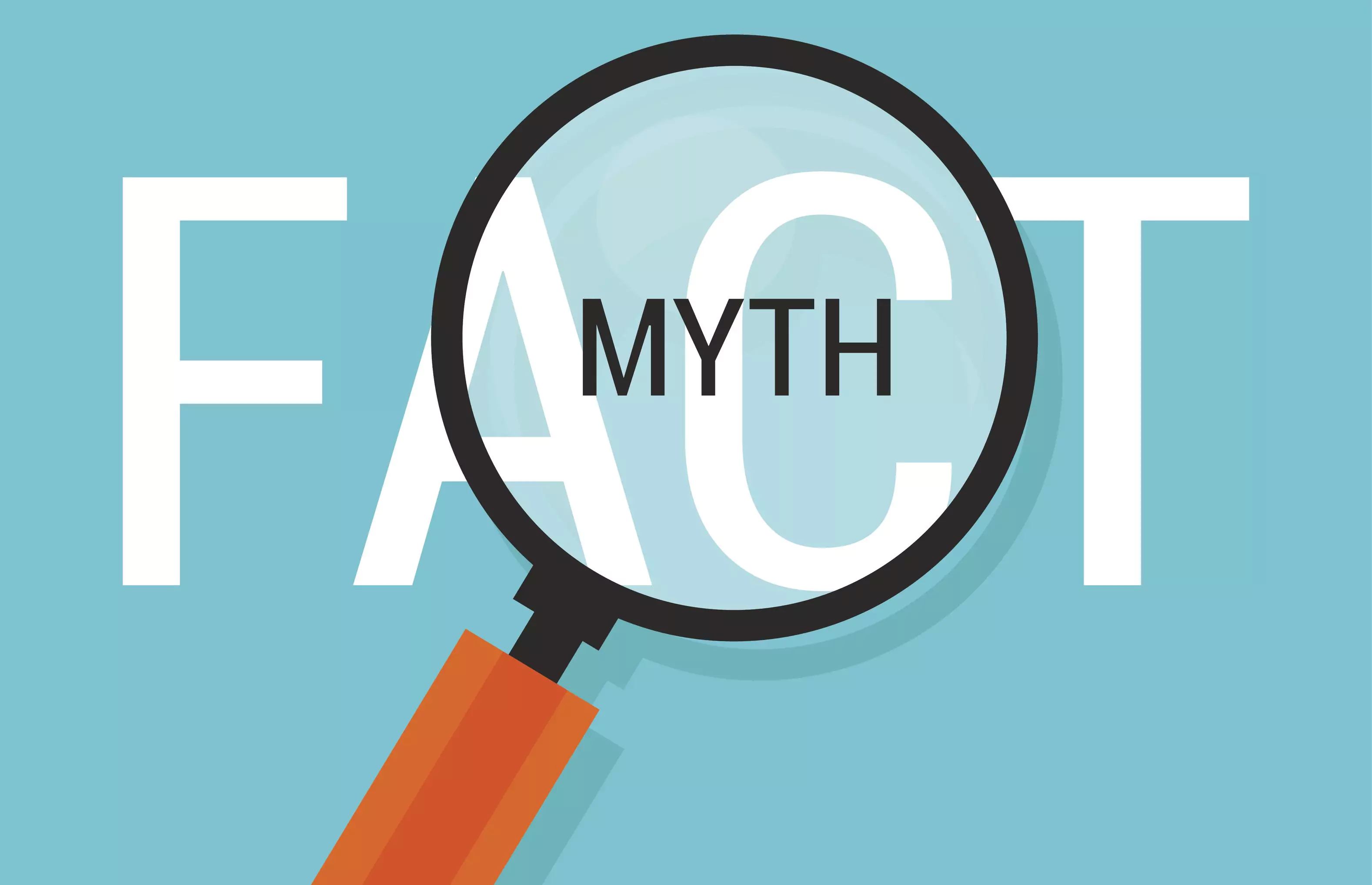Accounting Automation Myths Busted How This Growing Indian Business Is Managing a Large Customer Base
Read how the accounting team of India’s growing cloud-communications startup busted the myths surrounding automated accounting and managed more clients in less time.
 Let’s face it.
Let’s face it.
Change can be annoying and uncomfortable at times.
We’ve all been there; when a roadblock due to construction causes you to have to take an unfamiliar route to work.
Or logging into your computer after an operating system update due to which all the familiar icons and widgets have changed.
Change is even more impactful when you have a routine in place for specific work tasks, like your accounting. For accountants, adapting to the newest trend in accounting i.e. automation may sound like a complex, expensive, and perhaps unnecessary undertaking.
However, the contrary is true. In reality, embracing cloud accounting software like Giddh can bring numerous benefits for your small business, including increased visibility and control over your finances, and a higher degree of automation which leaves time for analysis and support.
Still fearing change? Don’t worry- we bring you insight from the accounting team from MSG91, India’s leading cloud-communication startup. They talk about the myths surrounding accounting automation and clear the air for all the accountants and business owners.
Myth #1: Automation Defeats the Purpose For Having Accountants
A doctor’s empathy and an accountant’s integrity is impossible to automate.
Business owners frequently take help from accountants for general business advice. Data from a study recently by Xero shows that 65% of small business owners find the advice provided by their accountant very, or extremely, beneficial to their business.
According to Deepak, a member of MSG91’s accounting team, “When time-consuming and redundant accounting tasks are automated, it leaves a lot of time in the hands of the accounting team to assist the decision makers of the business. “
Before jumping on board with cloud-accounting software the accounting team from MSG91 used to spend at least an entire hour of every day on manually recording entries in Excel and then importing them to Tally. That almost amounted to 30 hours per month and close to 100 hours in a financial quarter. They now saving more than 30 hours in a month thanks to automation.
“The accounting department is now saving more than 30 hours in a month thanks to automation.”
“Technology alone is powerful, but using technology alongside human capital is where the true opportunity lies,” Manish, another accounting expert at MSG91, said on the notion of technology and human capital being two faces on the same coin.
Myth 2: Automation Only Benefits Businesses of Certain Size
Maybe you’ve gone through the trouble and researched cloud accounting technology considered it for your small business, and concluded that automation tools are only beneficial only for larger organizations.
Or perhaps the cost and expenses associated with moving your data to the cloud have deterred you from investing in new technology.
In reality, the opposite is true.
Accounting automation can be beneficial for accountants that serve businesses of any size or nature.
For example, if you are a small business owner with a limited amount of invoices generated every day, you will benefit from the automatic GST filing and reconciliation. What would have taken you hours of manual work of matching your invoices and then uploading it to the GST portal, would now be automatically done for you.
Similarly, if you are an accountant that serves a growing business with several hundred transactions in a day, you will benefit from automation from API integration. Once all the APIs would fall in the place, invoices will be automatically generated and sent to the customers from you and an entry would be made against the purchase automatically.
Myth 3: Automation Will Take Away Your Control of Accounts
Your current way of managing your accounts works just fine. Your business financials are organized and you have full visibility and control over them. Why bother with automating certain aspects of your accounting which may take away some of that control?
According to Manish, automation features work for you. For example, you can set the invoicing on auto-pilot and focus on the analysis side of the business you are working on. For growing businesses that have to send invoices to certain customers regularly, automating the invoicing can save a lot of time and resources. This means you are in control at which aspect of your accounting you want to automate and to which extent.
The Verdict? Automation Isn’t The End of Accounting.
 In fact, automation and accounting go hand-in-hand. It’s a partnership that will enable us to take our heads out of the general ledger and advise our clients on what they need for their businesses to truly succeed.
In fact, automation and accounting go hand-in-hand. It’s a partnership that will enable us to take our heads out of the general ledger and advise our clients on what they need for their businesses to truly succeed.
Take a demo with Giddh today and see how convenient it is to be on top of your finances wherever you are and whenever you are while also reducing redundant tasks. This would leave you with room for more important goals: like connecting with more customers and growing your business.
